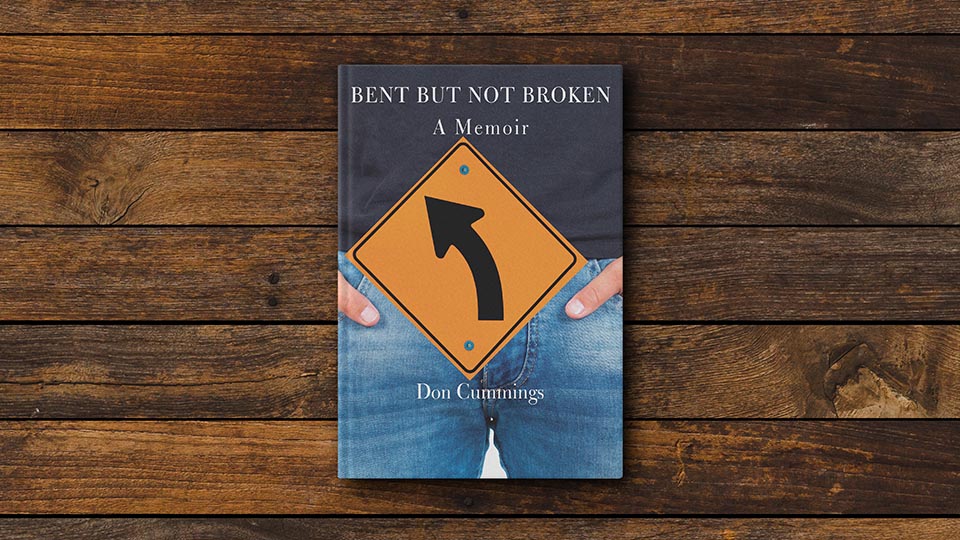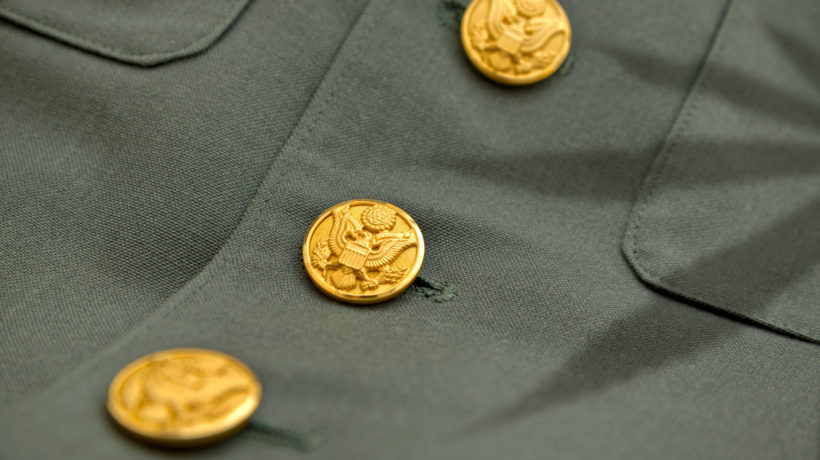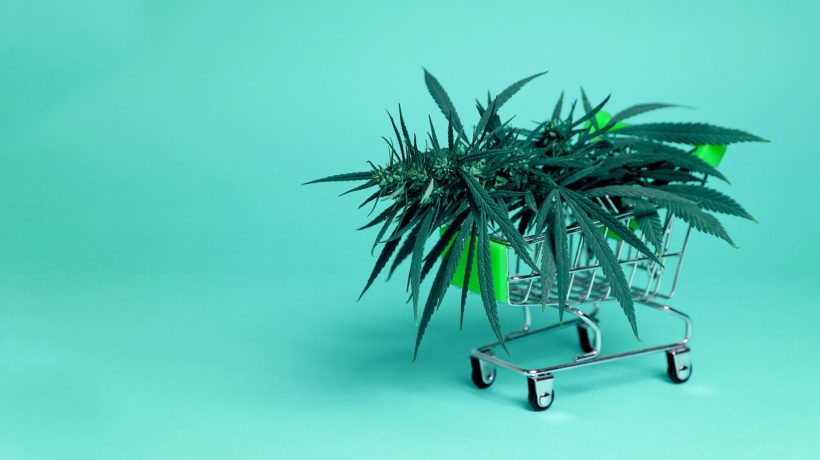When Los Angeles based playwright Don Cummings discovered a disturbing curve in his penis, he was understandably frightened. In middle age, with a successful play performed by Meryl Streep and a loving, supportive boyfriend of sixteen years, Cummings felt his body was betraying him. It turned out he had Peyronie’s Disease, a painful build-up of scar tissue that affects many American men. Peyronie’s mostly affects middle-aged men, and happens without warning.
While seeking medical treatment, Cummings also used cannabis as a way to ease his pain and anxiety about this extremely personal and private disorder.
Another way to cope with his crisis was writing. Cummings’ memoir “Bent But Not Broken” (Heliotrope Books) details his struggle with Peyronie’s. Darkly humorous, bravely vulnerable, Cummings writes not only about his medical issues, but also the family, friends, and strangers who helped him heal.

We spoke with Cummings about Peyronie’s Disease, the importance of asking for help, stigmas around speaking up, how marijuana helped him and what advice he would give to anyone interested in using marijuana as an alternative medicine.
ROYAL YOUNG
Can you tell me about Peyronie’s Disease, how it affected you and how you found out you had it?
DON CUMMINGS
I was having painful erections at night and I thought, what is going on? Because I can sometimes be a little over-concerned with my health, I thought something was wrong. What I tend to do is think nothing is wrong and things will just get better on their own. So, I thought it would just go away. Then maybe three or four weeks in, I noticed when I got an erection my penis started bending towards the right and I was like, “Oh no.”
I knew what Peyronie’s Disease was. After googling, I found a doctor in New York who dealt with that and I immediately got an appointment. I didn’t know what the treatment was going to be and still hoped it would just resolve itself.
YOUNG
When I heard about your book and your experience and when I mention it to other people, the reaction is “Oh my god!” But Peyronie’s affects twelve percent of American men.
CUMMINGS
YOUNG
So, this is actually something that is much more widespread than one would think based on people’s reaction.
CUMMINGS
Yeah. What’s going on is men get really freaked out about their penises. So, when something goes wrong they really don’t want to talk about it. It’s an issue of men not reporting it and not going to doctors. You would be amazed, I have this private Peyronie’s Disease support group on Facebook and guys have it for years before they say anything. I recently talked to someone on the phone who was a friend of a friend, who has had it for ten years and not done anything. These guys freak out, stop having sex, go about their lives. They would rather suffer shame, silence, a decrease in self-esteem, anxiety, and depression than pick up a phone and call someone for help.
YOUNG
I want to hear about the medical steps you took. How did cannabis help you and do you think there are some similar stigmas? The same way men would be weird talking about their genitals, is there a resistance to using marijuana medically?
CUMMINGS
Peyronie’s Disease is a scar tissue disorder where you build up scar tissue more than other people. So that’s the physical thing that is getting treated. The pain isn’t enjoyable but it’s more the visual of the bending that is far more disturbing. For my treatment the main things I was treated with were Verapamil mixed with saline, they numb your penis and inject the scar tissue to soften it and put holes in it. It’s like turning cheddar into swiss, they can’t remove the scar tissue because it’s too delicate a spot. I also wore his thing called an AndroPenis, which is a stretcher to straighten it out.
I started using marijuana for stomach trouble and sinus trouble in my late 30’s and it was like instantaneous relief. That was fantastic. Also, of course, I’ve used marijuana recreationally just to relax. So, during this later period when I had Peyronie’s, obviously marijuana wouldn’t do anything to help the scar tissue, but what it did do was lessen my distress. It calmed me down and I had less pain in general.
Peyronie’s is an inflammatory disease, and I also have allergies, but I think any time you can calm yourself down, you decrease your inflammation response. So, I would meditate and then late in the evening smoke a little and it definitely helped me to reduce pain, inflammation and psychological stress. I’m a very type A guy, so when I have a problem I make a list, memorize it, then memorize it in Pig Latin [Laughs].
YOUNG
[Laughs] For sure.
CUMMINGS
So that ramps me up and that isn’t good for anything. I was a teenager in the 1970s and there was marijuana everywhere. It was always around, and I have no stigma around any of it. I’m not a good candidate for hard drugs, I don’t want that. I’m a calm wine drinker and medium marijuana user and I definitely think the alcohol is more harmful.
YOUNG
Absolutely. So what advice would you have for someone going through any medical issue and maybe they’re not really a cannabis user, but they want to see if that could alleviate some stress and pain symptoms? Especially for someone who may have a stigma and wants to get over that.
CUMMINGS
What I would do, first of all, it’s not coast to coast yet, so stick within the limits of the laws of your state. Most states now do have medical marijuana. Like everything, start slow get a medical marijuana gummy bear and they’re usually only ten milligrams. Bite one in half and you’re only getting five milligrams which is not that much. Be in a safe place at home, and if you start having any sensations understand what it is. People should definitely understand if it’s going to alleviate pain, in my point of view, why should that have any more stigma attached to it than Tylenol or Advil? I just don’t get it. Tylenol is really hard on your liver. Every drug has some effect that is probably not that great for you. Obviously, they have to do more research on marijuana, but so far there is nothing about it that is that bad for you.
I have a very advanced state of the art primary care physician here on the edge of Beverly Hills and he is always way more concerned with people’s alcohol use than their marijuana use. The other thing is, it is really impossible to O.D. on marijuana [Laughs].
YOUNG
[Laughs] Right, basically if you overuse it, you drink a bunch of water, eat some snacks, take a nap and you’re okay.
CUMMINGS
Yeah, it will get through your system. I always say to people, things evolve. You look at something as silly as at one time women couldn’t work. These crazy things we look now, and they seem insane. I’m positive within ten years, I think there will be a ninety-five percent approval rating, certainly for medical marijuana and probably also for recreational use.
YOUNG
Absolutely. So where are you now in your life, with your health, with your writing?
CUMMINGS
I just did a physical and everything is fine. A little high in the cholesterol, but nothing alarming. My Peyronie’s Disease has definitely been taken care of, my penis is working and barely bent. So that’s good. My mental health is great because I’m busy and happy. My book “Bent But Not Broken” was released in March.
YOUNG
I would imagine writing your story and sharing your experience has opened you up to a lot of positive new experiences and helping people.
CUMMINGS
Yes, it has. My original intention was to write a short piece about Peyronie’s Disease and what to do when you have it and then it morphed into this memoir. But the memoir helps people even more, because I go into the psychological elements. I’m starting a new book now, which is fiction. Without giving away too much plot, I’m making up a world that is not dystopic, it’s utopian. So, it has a positive spin. I think it’s very easy for us to sit around and think that we are all going to hell. And that’s important because we need to diagnose our problems. But I’m trying to write about things getting better.
YOUNG
I would imagine in this utopian future, everyone is using cannabis.
CUMMINGS



